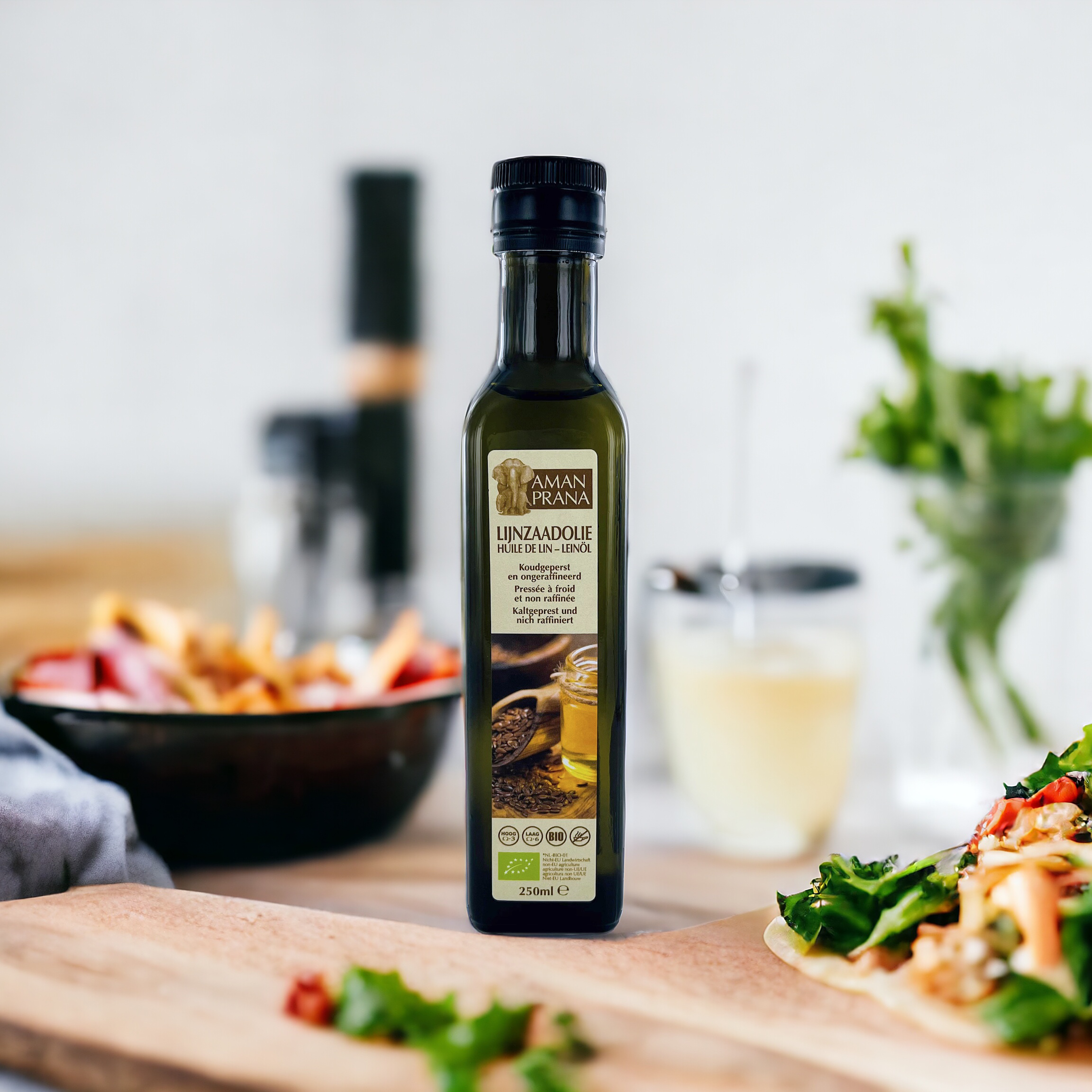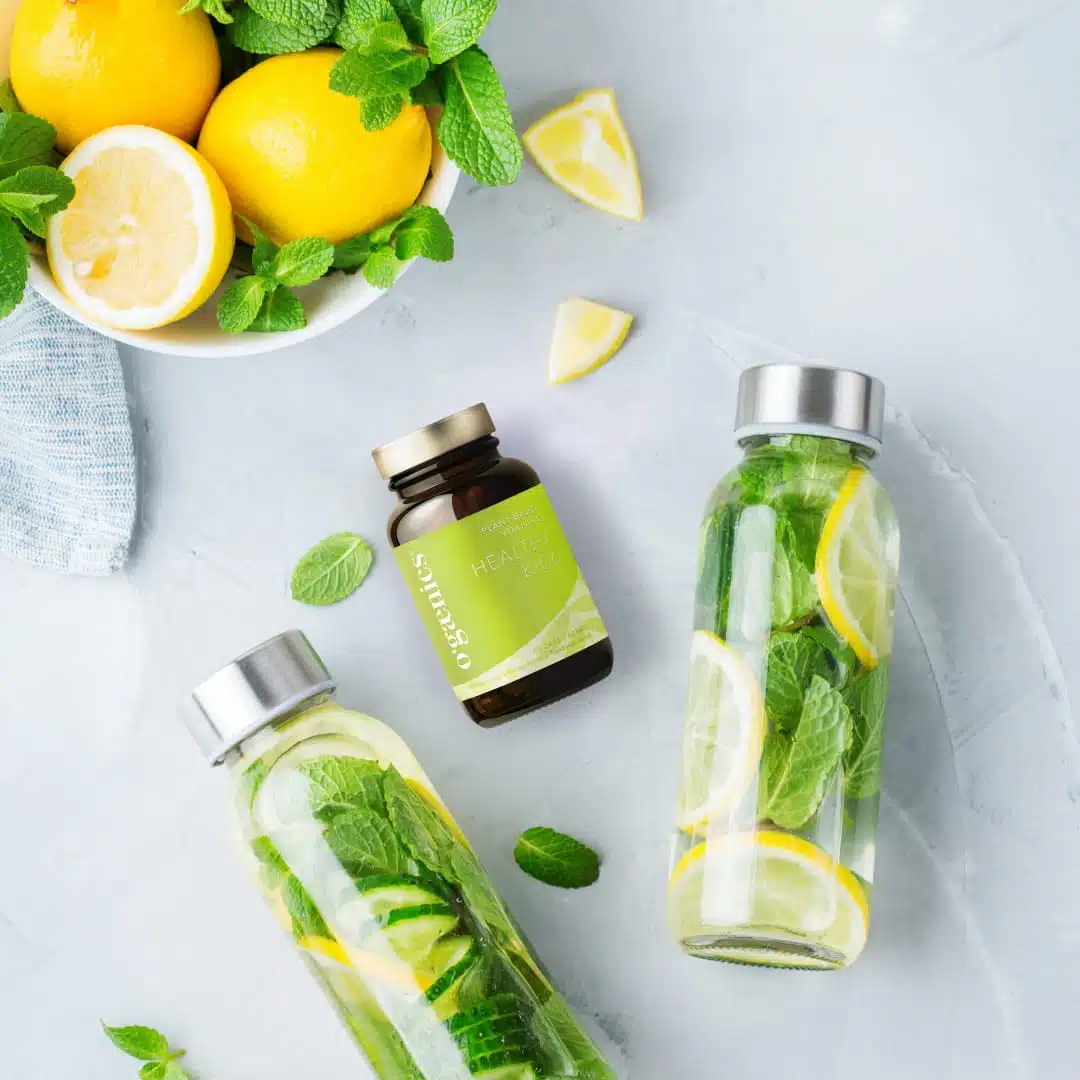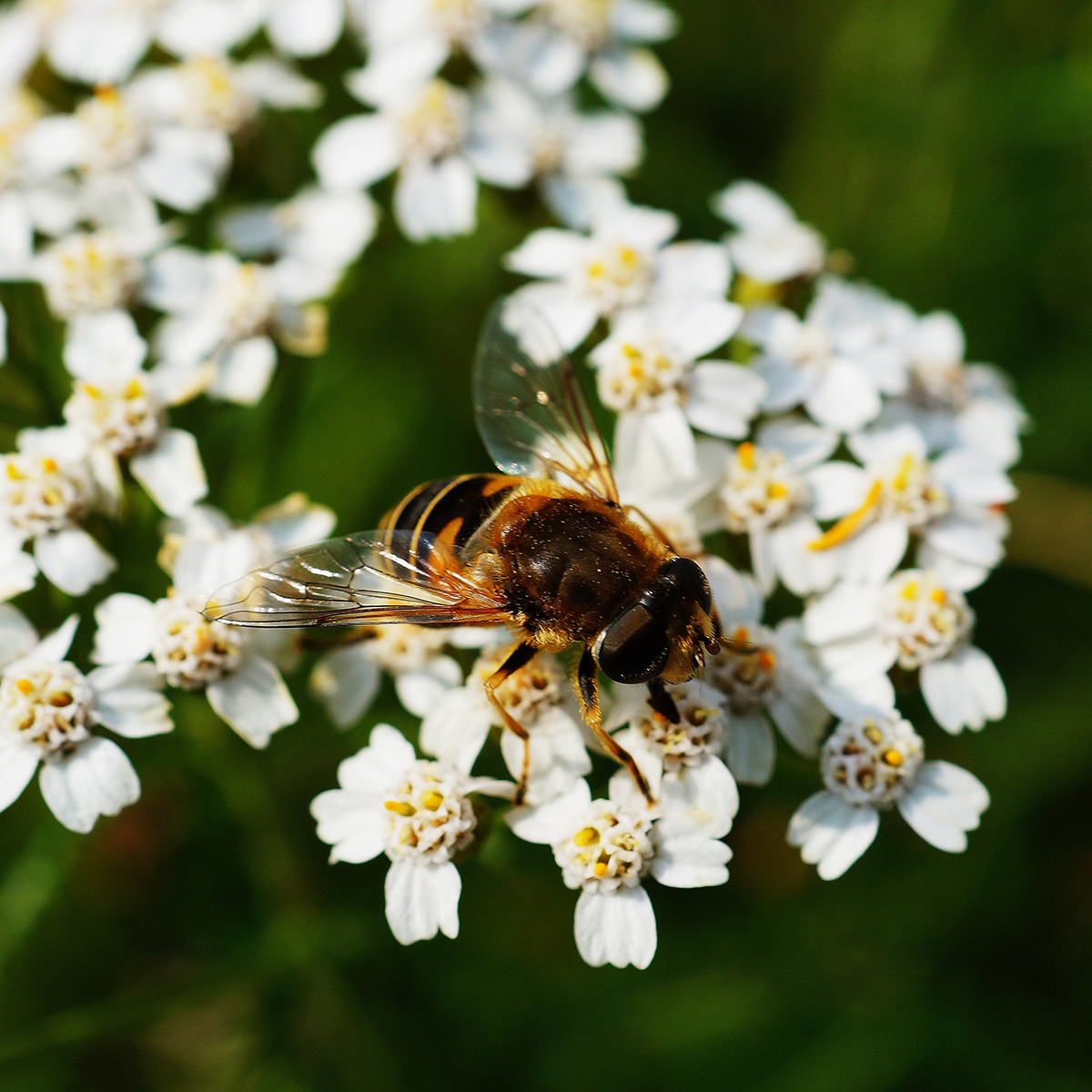Sweeten Your Day the Natural Way: 6 Refined Sugar Alternatives You'll Love
Explore Alternatives to Refined Sugar
In the past half-century, our sweet tooth has gone into overdrive, and our bodies are feeling the effects. The Centers for Disease Control and Prevention says that adults in the US guzzle down a whopping 17 teaspoons of added sugar daily. The current recommendations from the World Health Organisation (WHO) are that only 5% of your daily calorie intake should consist of added, or 'free' sugars. To keep things sweet and healthy, let's ditch the refined stuff and try out these six natural sweeteners instead.
What are Sugar Alternatives?
Sugar is essential for our health since carbohydrates convert into glucose, a type of sugar that fuels our body and brain. Cutting out sugars completely isn’t the best strategy to live a balanced lifestyle. Instead, it may be beneficial to focus on consuming the right kind of sugars that contain nutrients and to avoid refined and processed sugars. These added (processed) sugars are prevalent in many foods, such as sodas, bread, and pastries but also in foods you might not expect: cereals and granolas, sauces, ‘low fat’ products, …
You can identify added sugars by reading the nutrition facts label and ingredients list of any food item. Natural sugars are unrefined or minimally processed and found naturally in many foods. Fruits contain fructose and fiber, which provide a balanced combination of nutrients for your body. Honey and maple syrup are not only naturally sweet but also contain natural minerals, vitamins, and antioxidants. There are also other natural sweeteners and sugar substitutes that provide sweetness without the effects refined sugars have on the body.
Six Natural Sweeteners to Try Instead of Refined Sugar
Organic Honey

Honey has been cherished for its natural sweetness and nutritional value. Bees make honey from plant nectar during pollination. As a result, honey often contains flavonoids and phenolic acids. Raw and darker honeys, which undergo minimal or no unnatural processing, are considered more natural and beneficial alternatives to highly processed honeys that are unfortunately staples in many regular supermarkets.
Discover our organic honeys here.
Organic Maple Syrup
Maple syrup, another popular natural sweetener, is often used as a great alternative to processed sugars. It is produced by boiling sap from maple trees, and the organic variety is made without the use of synthetic pesticides or fertilizers. To be certified organic, the maple syrup must also be processed without any additives or artificial ingredients. As a result, organic maple syrup still contains all its natural nutrients, antioxidants and minerals, which processed sugars have often been stripped of. The darker the maple syrup, the less refined it is. When buying maple syrup, you’ll encounter different ‘grades’ of syrup. In general, grade C maple syrup is the type of syrup that is richest in minerals and natural vitamins.
Discover our organic maple syrups here.
Stevia
Stevia is another natural sugar alternative for those who don't enjoy the taste of honey or maple syrup. This sweetener comes from the Stevia plant and is 200 to 400 times sweeter than table sugar. Stevia is non-nutritive, meaning it contains almost no calories. Be cautious of many stevia products on the market that contain processed ingredients or sugar alcohols. It should be noted that experts are still divided on whether stevia is a healthy alternative.
Pureed Fruits
Raw fruits are a nutritionally balanced form of sugar since they contain natural dietary fiber, which may aid in digestion. Pureed fruits provide many of the same benefits as regular organic fruit and can add a natural sweetness to recipes. Overripe fruits, such as bananas, apples, pears, figs, monkfruit, mangoes, and papayas provide a tremendous amount of sweetness, moisture, and flavor.... It’s a no-brainer that natural fruits are the better option over processed sugars.
Coconut Sugar
Coconut sugar is derived from the sap of coconut trees and has a lower glycemic index than regular sugar. The GI measures how quickly carbohydrates in food are converted into glucose, which can cause spikes in blood sugar levels. Regular table sugar has a GI of 70, while coconut blossom sugar has a GI of 35, making it a better option for individuals who need to manage their blood sugar levels. The slow-release of glucose from coconut blossom sugar helps to maintain steady energy levels without causing sharp spikes or crashes.
In addition to its low GI, coconut blossom sugar is also unrefined, meaning it is in its natural state and has not undergone the same processing as regular sugar. As a result, it contains higher amounts of vitamins, minerals, and fiber, which are beneficial for overall health and well-being.
Discover our organic coconut sugars here.
Molasses
Molasses is a natural sweetener that is derived from the refining of sugar. It has a slightly bitter taste that can add complexity to a variety of recipes. Molasses contain natural minerals such as calcium, iron, and potassium, making it a great choice for those looking to incorporate these nutrients into their diet.
When it comes to baking, dark molasses is perfect for creating the classic gingerbread cookie, while light molasses is a great option for sweetening beverages. One of the benefits of molasses is that it has a lower glycemic index than sugar, which means it is absorbed more slowly and does not cause a sharp increase in blood sugar levels.
Dates

Dates are a naturally sweet fruit that contain natural vitamins and minerals. Although there is difference in types of dates, dates in general are also low on the glycemic index, meaning they won't cause a rapid spike in blood sugar levels.
Dates can be used in a variety of sweet recipes, from energy balls to date paste used as a sweetener in baked goods. They have a caramel-like flavor that pairs well with chocolate and nuts.
Takeaway
There are plenty of natural sweeteners available that can be used in place of refined sugars. Honey, maple syrup, stevia, pureed fruits, coconut sugar and dates are all great options that provide sweetness and additional nutritional value without the negative effects of added sugars.
While these natural sweeteners are healthier than refined sugars, it's still important to consume them in moderation as they still contain sugar and calories. Incorporating these alternatives into your diet can help reduce your overall sugar intake and lead to a more balanced lifestyle.
DISCLAIMER: AMANVIDA DOES NOT PROVIDE MEDICAL ADVICE
The information, including but not limited to, text, graphics, images and other material contained on this website are for informational purposes only. No material on this site is intended to be a substitute for professional medical advice, diagnosis or treatment. Always seek the advice of your physician or other qualified healthcare provider with any questions you may have regarding a medical condition or treatment and before undertaking a new health care regimen, and never disregard professional medical advice or delay in seeking it because of something you have read on this website















The information below is required for social login
Sign In
Create New Account